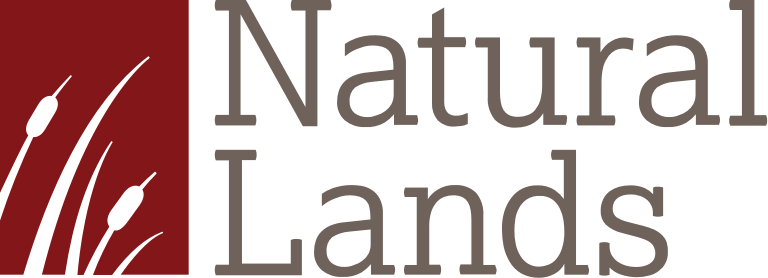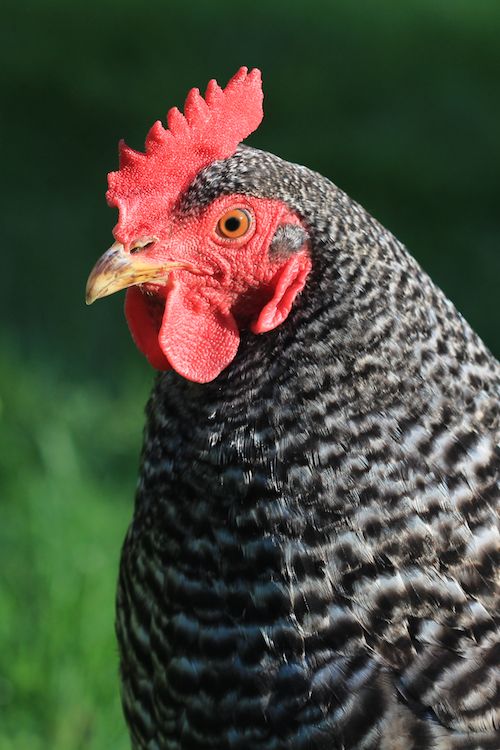Crow’s Nest: On my night table
One of the small benefits of being sick during such a busy time of year is having the opportunity to catch up on reading. I have been enjoying Joel Salatin’s Folks, this ain’t normal for a few months and finished it today.
I first read Salatin’s You Can Farm many years ago and have joked that it might have been titled, “You Can’t Farm” because he covers all the challenges to overcome and financial sacrifice required to make the enterprise profitable. Yet, ten years later, our family is raising grass-fed beef and pastured hens for eggs, and Salatin’s Polyface Farm model is never far from mind or from discussion when the subject of food comes up.
In Folks, this ain’t normal Salatin argues that much of what we take for granted, that which we think of as progress in farming and eating, is merely an artifact of an era of cheap energy. Our society’s dependence on grain crops requires much more energy input than pastured animals do, and growing so much corn, wheat, and soybeans has over the last century changed the way we eat, and we aren’t always aware of the consequences.
The herbivore, the cow, restarts the photosynthetic biomass accumulation process. The cow, as long as it is eating grass and not grain, regenerates that grass into its juvenile growth stage, preventing it from growing to senescence and oxidizing its accumulated CO2 into the atmosphere (p. 20-21). Tillage spends the accumulated organic matter in the soil while grazing returns it. Tillage requires some input from outside the farm, whether it is in the form of organic mulches or synthetic chemicals. If they are pastured well, cattle and chickens spread their own manure and can be moved to new pastures without energy input.
This is some heavy reading: “With every bite we eat, we are either healing or hurting our neighbors, the soil, and ultimately the world” (p. 91). We have to return to our kitchens, Salatin says, to make it the focal point of our domestic life—not use the microwave to heat up something concocted half a continent away. He’s not suggesting a return to the drudgery of kitchen labor; instead pop a grass-fed roast and some potatoes, carrots and onions in the slow cooker at 7 am and set it on the table at 6 pm.
Salatin challenges one of my personal credos. I’ve always thought, if it’s worth doing, it’s worth doing right. He suggests instead, if it’s worth doing, it’s worth doing poorly first. “Who ever does anything right the first time?” (p. 87). We shouldn’t let the fear of failure prevent us from trying something new.
I come from a very different background from Salatin, and many of the things he writes are very different from what I traditionally think. He argues persuasively that the increasing regulation of the food growing and processing “industries” have had the (perhaps unintended—or perhaps not) effect of protecting the bigger businesses and shutting down local farms and local butchers, reducing competition and stifling innovation. Polyface Farm has struggled to get its locally grown, nutritious food into nearby restaurants and schools but has been met with some institutional blockages, insurance requirements, and seemingly ridiculous procedures. Never before in history have such business transactions been so difficult, and never before has local, fresh, seasonal food been so dislocated from our daily lives.
Food needs to be vital, alive. It must spoil if left on the counter for days. Processed foods for added shelf life or food synthesized from extracted proteins are lifeless, not life-giving. There is a difference between what is ingestible and what is digestible (p. 120).
Salatin includes morality and spirituality along with the science. Concentrated animal feeding operations (CAFO) aren’t just unhealthy for the animals and the people who eat them, and dependent on cheap energy to transport feed to them and wastes away from them. They also prevent a chicken or cattle from expressing their natural chicken-ness or cattle-ness. Animals that evolved to eat grass shouldn’t be confined and forced to eat grain and proteins derived from other animals.
There’s a lot more to this book that will make for some challenging reading. At the end of each chapter Salatin makes a list of things you can do to make changes in your life that will also tug at the system. And he adds, “…just because everyone can’t do everything doesn’t mean someone shouldn’t do something” (p. 156).
Perhaps read Michael Pollan’s The Omnivore’s Dilemma first, to gain perspective on food issues. But definitely read Folks, this ain’t normal to gain an understanding of what is at stake.
Posted by Daniel Barringer on May 8, 2013.

